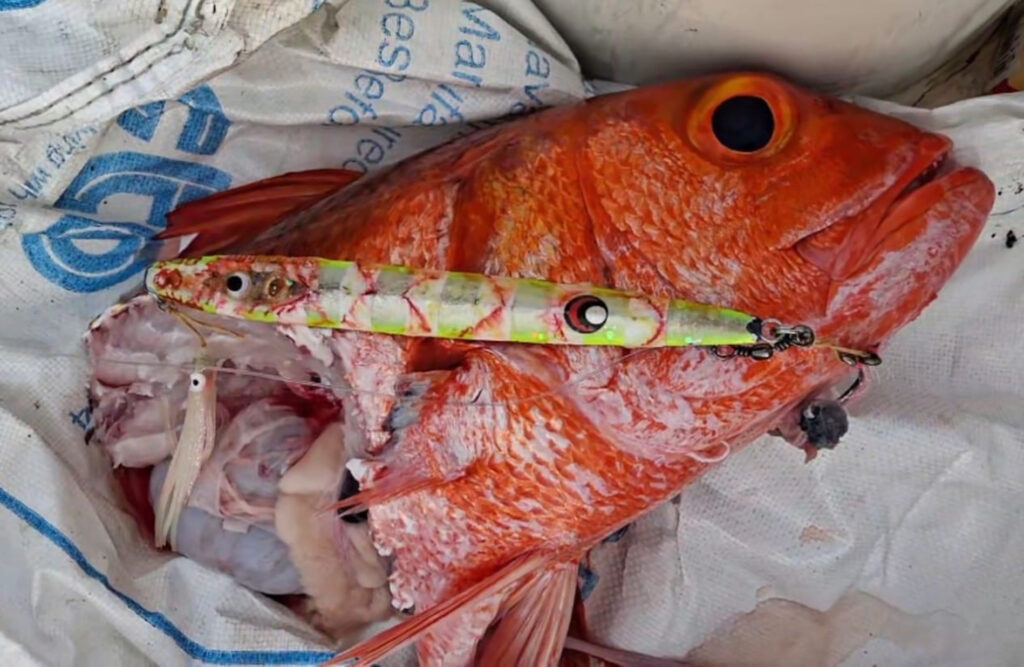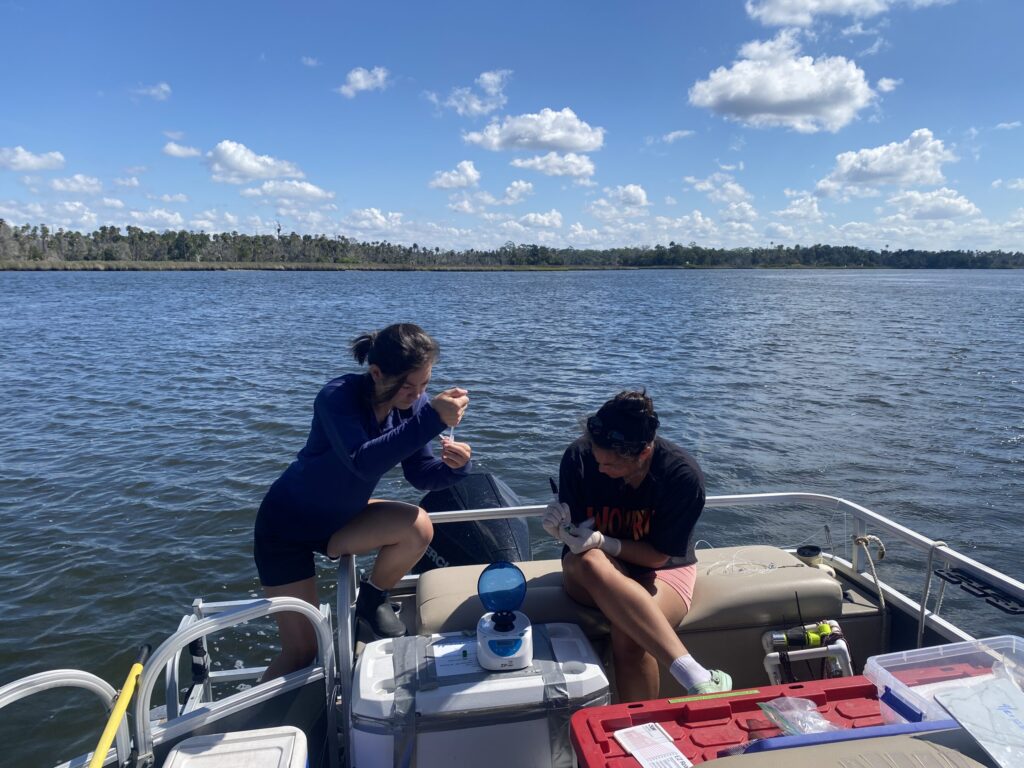Before the Bite Off: behind the scenes of cross-disciplinary shark work (Part One)
When people ask me about my research, the conversation usually starts like this:
Me: ‘Have you heard of shark depredation?’
Them: ‘…I think so? It’s like bycatch, right?’
Me: ‘It’s very similar! But it specifically refers to when sharks take fish off of fishing lines.’
Them: ‘Ohhh! You mean {insert your favorite euphemism for depredation here- mine is: ‘when the tax man comes’}!’
Most commonly, depredation is called a bite off, but it is known by many names, and means different things to different people. To shark enthusiasts, it is a threat to shark conservation which needs addressing. To fishers, it is a nuisance, diminishing the fishing experience and resulting in loss of gear and fish. To managers of fisheries, it poses a challenge for reducing bycatch and ensuring fisheries quotas are sustainable. No matter who you are in this conflict, the fact is this: accounts of shark depredation are increasing around the world, and this is bad for fisheries and conservation alike.

20kg ruby snapper taxed by a hammerhead shark in the Maldives. Photo © Nabyl Naeem
Unfortunately, addressing shark depredation quickly becomes complex because different people have different definitions of addressing. Coming up with solutions which satisfy the needs of various groups of people with differing opinions about sharks is extremely difficult.
This is because—although shark depredation can be boiled down to a negative interaction between fishers and sharks—these experiences do not exist within a vacuum.
The conflict instead exists within specific political and social contexts which redefine and amplify interactions between fishers and sharks. This then creates more complex conflicts between groups of humans who have differing opinions about how we should manage shark populations.
These types of issues, termed human-wildlife conflicts, perch between anthropogenic factors (e.g., people’s beliefs and actions surrounding sharks), and the natural world (e.g., shark behaviour). Which is to say that addressing shark depredation first requires understanding its drivers across each of these dimensions.
This is exactly what I am setting out to do: explore multiple dimensions of shark depredation conflict within one fishery in the Maldives, where rising concern over shark depredation is occurring. Understanding shark behaviour, movement, and overlap between depredating sharks and fishers is a vital first step to mitigating conflict between fishers and sharks. In order to prepare for this work, I have spent the past two months in St. Teresa, Florida, a remote section of the coast on the Gulf of Mexico. Here, I have been working with collaborators from Florida State University Coastal and Marine Laboratory to learn how to capture and tag sharks, and design research to understand ecological, behavioural, and physiological dimensions of shark depredation.

Science in motion: processing shark samples from tagged and released juvenile bull sharks. Photo © Harrison Clark.
